Health
IBS and Sciatica Pain – Is There a Connection?
Wondering if IBS and sciatica pain are related? Discover the possible connection between irritable bowel syndrome and sciatic nerve discomfort, and what you can do to manage both.
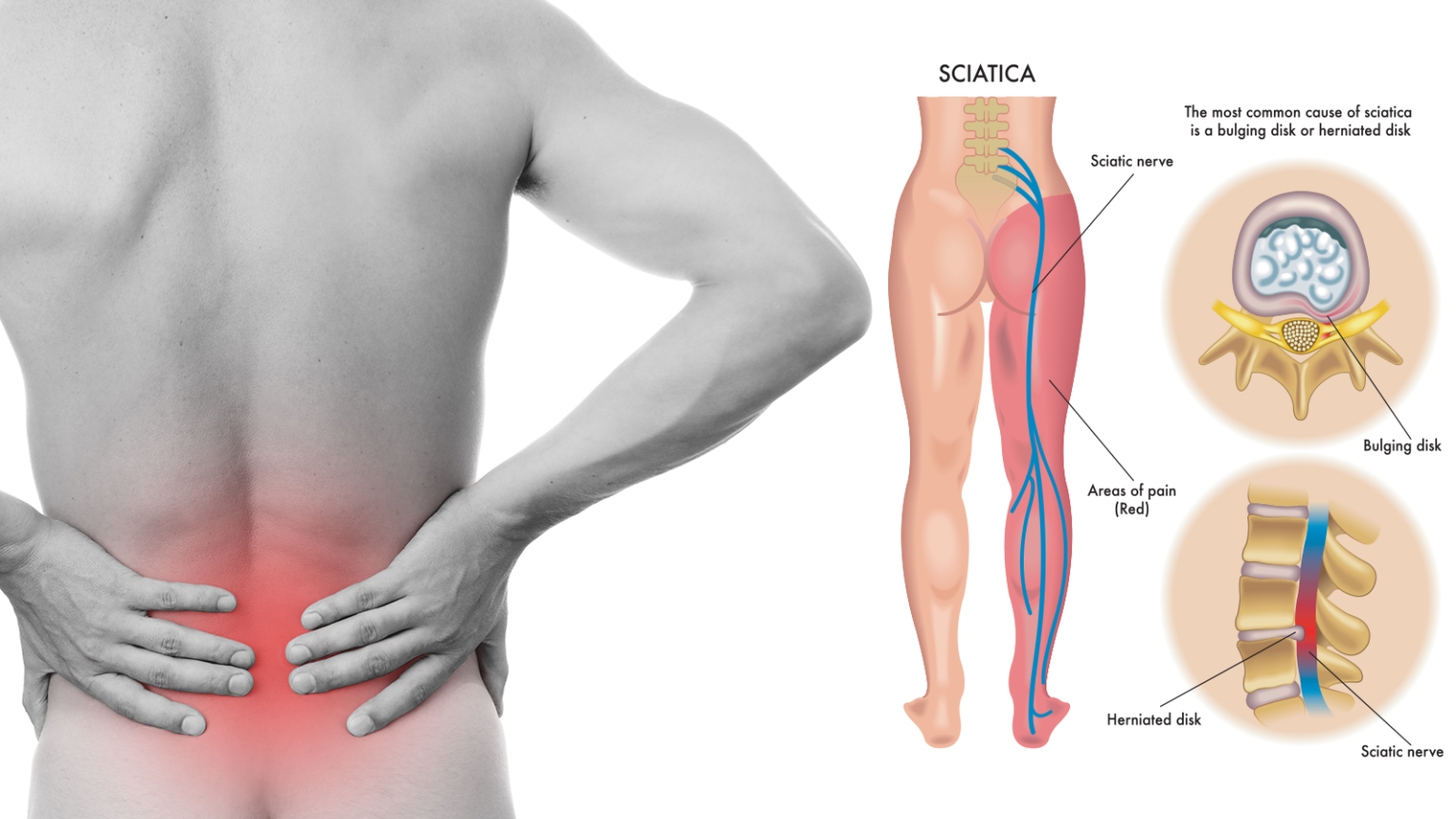
Irritable Bowel Syndrome (IBS) is a chronic digestive condition affecting 10–15% of Americans, causing symptoms such as bloating, abdominal pain, constipation, and diarrhea. But some IBS sufferers also report sciatica-like symptoms—pain that radiates from the lower back down the leg. Could there be a link between IBS and sciatica pain?
In this article, we’ll explore the possible connection, what may be causing overlapping symptoms, and how to get relief from both.
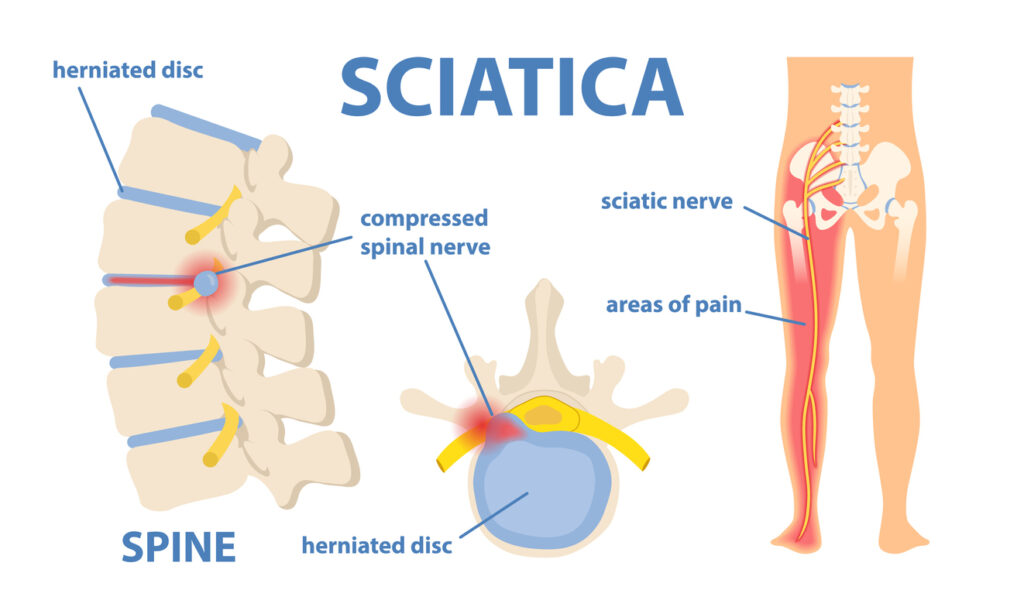
What Is Sciatica?
Sciatica refers to pain that travels along the sciatic nerve, the longest nerve in the body. This nerve runs from the lower spine through the hips and down the legs.
Symptoms of sciatica include:
Sharp, shooting pain down one side of the lower body
Numbness or tingling in the legs or feet
Lower back stiffness or pain
Pain that worsens with sitting or bending
Sciatica is commonly caused by a herniated disc, spinal stenosis, or nerve compression in the lower back.
IBS and Lower Back Pain: What’s the Overlap?
While IBS does not directly cause sciatica, many patients with IBS also experience lower back pain. This can create confusion, especially if the pain seems to radiate or mimic sciatic nerve discomfort.
Here are some reasons why IBS and sciatica symptoms may seem related:
1. Abdominal Bloating and Nerve Pressure
Excessive bloating or intestinal inflammation from IBS can create pressure in the abdomen, which may affect surrounding nerves, including the sciatic nerve.
2. Muscle Tension from IBS Pain
IBS can cause muscle tension and spasms, especially in the abdomen and pelvic area. This tension can spread to the lower back and hips, contributing to sciatica-like symptoms.
3. Pelvic Floor Dysfunction
Many IBS patients—especially those with chronic constipation—may develop pelvic floor issues. Dysfunction in these muscles can cause referred pain in the lower back and legs.
4. Chronic Inflammation and the Gut-Nerve Axis
Emerging research points to a strong connection between the gut and the nervous system, known as the gut-brain axis. Chronic inflammation in the digestive tract may lead to increased nerve sensitivity, making patients more prone to pain syndromes like sciatica.
Is It IBS or Sciatica?
Distinguishing between IBS-related pain and true sciatica can be tricky. Here’s how to tell them apart:
| IBS Symptoms | Sciatica Symptoms |
|---|---|
| Abdominal cramps | Sharp leg pain |
| Bloating | Tingling or numbness |
| Diarrhea/constipation | Pain worsens with sitting |
| Gas | Shooting pain down the leg |
If you’re experiencing leg pain without digestive symptoms, it’s more likely to be sciatica. However, if your pain flares with IBS symptoms, they could be connected.
Can IBS Trigger or Worsen Sciatica?
Indirectly—yes. Chronic inflammation, nerve hypersensitivity, and postural changes due to IBS discomfort can all contribute to worsening sciatic nerve pain. In addition, stress and anxiety, which are common in IBS, can tighten muscles and aggravate nerve-related symptoms.
What Can You Do About It?
If you’re experiencing both IBS and sciatica-like pain, it’s essential to address both the gut and the nervous system:
1. Treat the Underlying Cause of IBS
Target the root causes, such as:
Food sensitivities (gluten, dairy, FODMAPs)
Bacterial overgrowth (SIBO)Candida overgrowth
Gut inflammation
2. Try a Spore-Based Probiotic
Unlike standard probiotics, spore-forming strains are more resilient and can rebalance the gut microbiome more effectively.
💡 GutShield – Liquid Spore Probiotic is a doctor-formulated solution designed to:
Support healthy gut flora
Reduce bloating and inflammation
Enhance digestion naturally
This makes it a powerful ally for IBS patients experiencing discomfort beyond the gut.3. Incorporate Gentle Movement
Stretching, yoga, or light walking can relieve pressure on the sciatic nerve and improve digestion at the same time.
4. See a Specialist
Consider working with both an IBS specialist and a physical therapist familiar with sciatica. An integrated approach yields the best long-term results.
Final Thoughts
IBS and sciatica are not the same—but they can feel similar, and in some cases, overlap. If you’re experiencing IBS symptoms with lower back or leg pain, it’s time to look deeper into what’s really going on.
By addressing both your gut health and nerve function, you can finally get lasting relief.
Ready to feel better?
Try GutShield – Liquid Spore Probiotic, specially formulated to restore gut balance and support overall digestive health. It’s ideal for anyone managing IBS and looking to reduce systemic inflammation that may contribute to nerve pain.
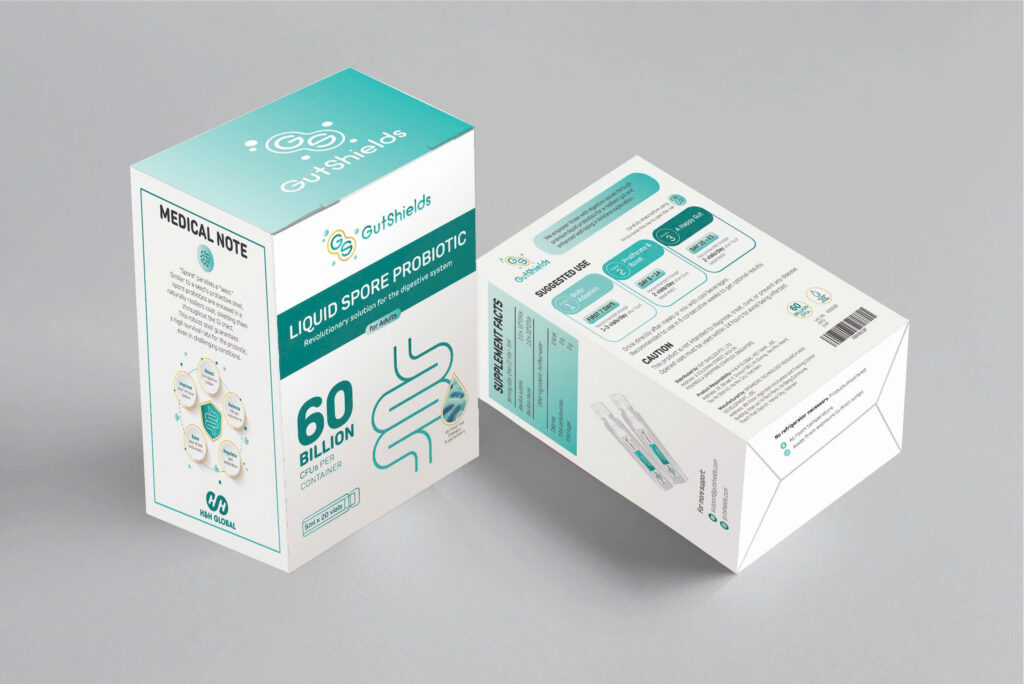
Health
Hydration Hacks for IBS: The Right Way to Drink Water
Drinking water the wrong way can worsen IBS symptoms. Discover how to hydrate smarter—small sips, steady timing, and natural add-ins—to support digestion and gut balance.
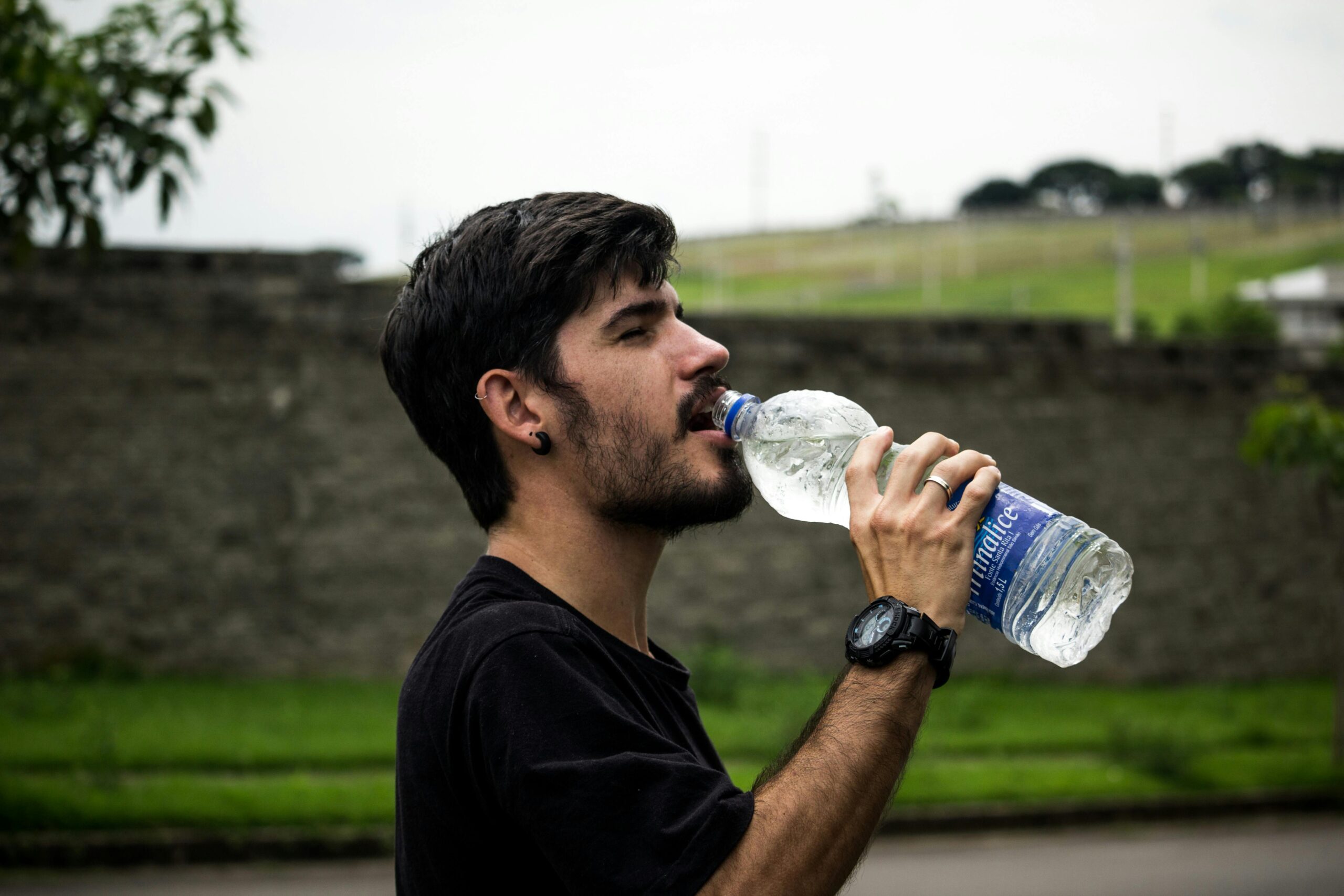
“It’s not just about drinking more water—it’s about drinking the right way.”
If you have Irritable Bowel Syndrome (IBS), you’ve probably been told to drink plenty of water. But here’s the catch: how you drink matters just as much as how much you drink.
For many people with IBS, chugging large amounts of water in one go can actually trigger strong intestinal contractions, leading to urgency, bloating, or discomfort.

The Science of Hydration and Digestion
- Rapid intake of water can overstimulate the digestive tract and speed up motility.
- Even, steady hydration supports smoother digestion and nutrient absorption.
- Proper hydration also helps regulate stool consistency, easing both IBS-C (constipation) and IBS-D (diarrhea).
In short: your gut doesn’t just want more water—it wants consistent hydration.
Practical Hydration Habits for IBS
Here are science-backed ways to drink water that keep your digestion steady:
✅ Sip, don’t chug
Aim for 150–200 ml (about half a cup) every 2 hours instead of gulping down large amounts at once.
✅ Infuse with digestion-friendly add-ins
A slice of lemon, cucumber, or fresh mint can make hydration enjoyable and may help soothe bloating.
✅ Match timing with meals
Drink water between meals rather than during them to reduce the risk of overwhelming your stomach acid and slowing digestion.
✅ Choose temperature wisely
Many people with IBS find that room-temperature or warm water is gentler on the gut than ice-cold water.
The Bigger Picture
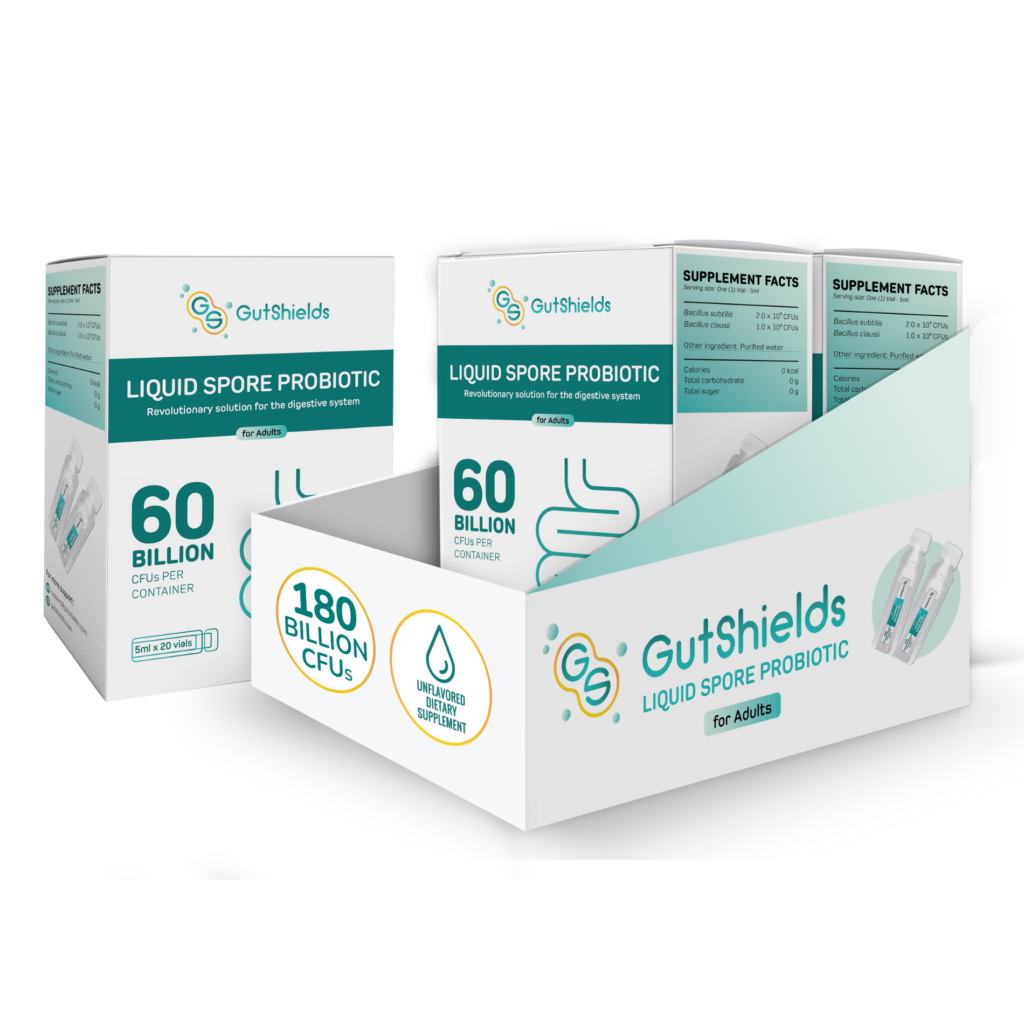
Hydration is one piece of the IBS puzzle. Pairing good hydration habits with microbiome support—such as spore-based probiotics like GutShields—creates a powerful daily foundation for calmer digestion.
Bottom Line
When it comes to IBS, hydration isn’t just about volume—it’s about rhythm. Steady, mindful sipping can keep your gut balanced and your symptoms calmer.
✨ Stay hydrated, stay balanced—let GutShields help protect your gut microbiome.
Health
Why Sleep Quality Can Make or Break Your IBS Recovery
Poor sleep doesn’t just cause fatigue—it can worsen IBS by raising cortisol, triggering inflammation, and disrupting gut bacteria. Learn how to improve sleep to support your digestion and long-term gut health.

“Poor sleep isn’t just making you tired—it might be keeping your gut inflamed.”
Living with Irritable Bowel Syndrome (IBS) means constantly balancing stress, diet, and lifestyle to avoid flare-ups. But one factor often overlooked is sleep quality. Many people with IBS report that their symptoms are worse after nights of poor sleep. Science now shows this isn’t just coincidence—sleep has a direct influence on the gut-brain axis, the microbiome, and inflammation levels.
If you’ve tried dietary changes, supplements, and even medication without lasting relief, improving your sleep could be the missing piece of your IBS recovery.

The Science: How Sleep and IBS Are Connected
- Cortisol and inflammation
- Poor or fragmented sleep raises cortisol, your body’s main stress hormone.
- Elevated cortisol has been linked to increased gut permeability (“leaky gut”), more inflammation, and heightened pain sensitivity—all of which make IBS symptoms worse.
- Gut microbiome disruption
- Studies show that even short-term sleep deprivation reduces microbial diversity.
- A disrupted microbiome may lead to more gas, bloating, constipation, or diarrhea in IBS patients.
- Gut-brain axis imbalance
- Your digestive tract has its own nervous system (the enteric nervous system).
- Poor sleep dysregulates this system, which can throw off motility—causing irregular bowel habits, urgency, or spasms.
In short, sleep doesn’t just recharge your brain—it recharges your gut.
Practical Steps for IBS-Friendly Sleep

Here’s how you can start improving sleep quality—and by extension, your digestion:
✅ Set a consistent bedtime and wake time
Your circadian rhythm influences gut motility. Going to bed and waking up at the same time each day helps regulate bowel function.
✅ Limit screens at night
Blue light from phones and laptops suppresses melatonin, making it harder to fall asleep. Try switching to a book or listening to calming music.
✅ Create a wind-down ritual
Deep breathing, light stretching, or journaling can signal your nervous system to shift into “rest and digest” mode—essential for people with IBS.
✅ Support with natural aids
Chamomile tea, magnesium glycinate, or lavender aromatherapy have been shown to improve relaxation and sleep quality.
✅ Feed your microbiome wisely
Avoid late-night heavy meals, alcohol, or excess caffeine. Pair your routine with spore-based probiotics like GutShields to support a resilient microbiome overnight.

The Bigger Picture: Sleep as IBS Medicine
When you consistently improve your sleep, you’re not just preventing fatigue—you’re:
- Calming inflammation
- Helping good bacteria thrive
- Regulating gut-brain communication
- Supporting more regular, pain-free bowel movements
That’s why sleep isn’t just a lifestyle tip—it’s a therapeutic tool for IBS recovery.
Bottom Line
If you’ve been treating IBS only through diet or medication but ignoring your sleep, you may be missing a key part of the solution. By protecting your nights, you protect your gut.
✨ Give your gut the rest it deserves—combine better sleep with GutShields for faster, lasting relief.
Health
The IBS-Friendly Morning Routine That Can Calm Your Gut All Day
Your morning choices can set the tone for your gut health all day. Discover a simple, IBS-friendly routine that supports the gut-brain axis, reduces inflammation, and promotes comfortable digestion.
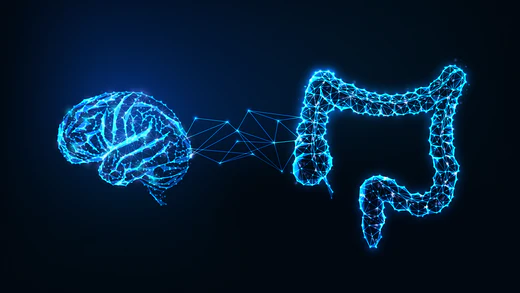
What if the way you start your morning could determine whether you spend the rest of your day in comfort—or in pain?
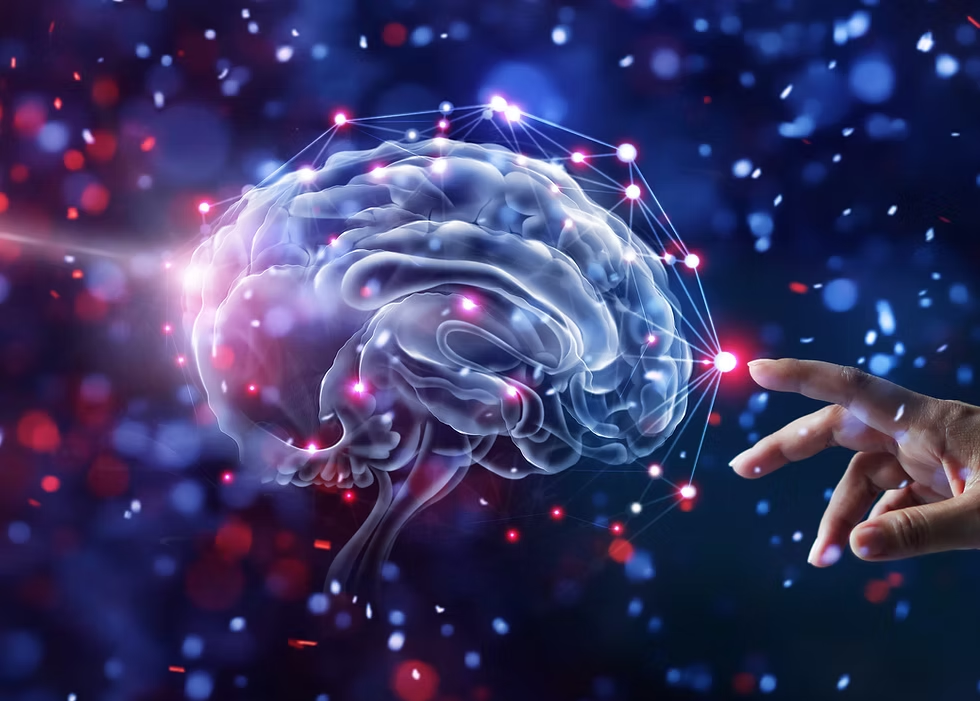
For people with Irritable Bowel Syndrome (IBS), mornings can feel like a gamble. One wrong choice—whether it’s a cup of strong coffee on an empty stomach or skipping breakfast entirely—can trigger bloating, cramps, or urgent bathroom trips that last all day.
Emerging research shows that morning routines influence the gut-brain axis, the two-way communication system between your digestive tract and nervous system. This axis controls motility (how food moves through your intestines) and regulates inflammation—both of which are key players in IBS.
A calm, balanced start can keep your gut in “rest and digest” mode rather than fight-or-flight, reducing the likelihood of flare-ups.
Your IBS-Friendly Morning Blueprint
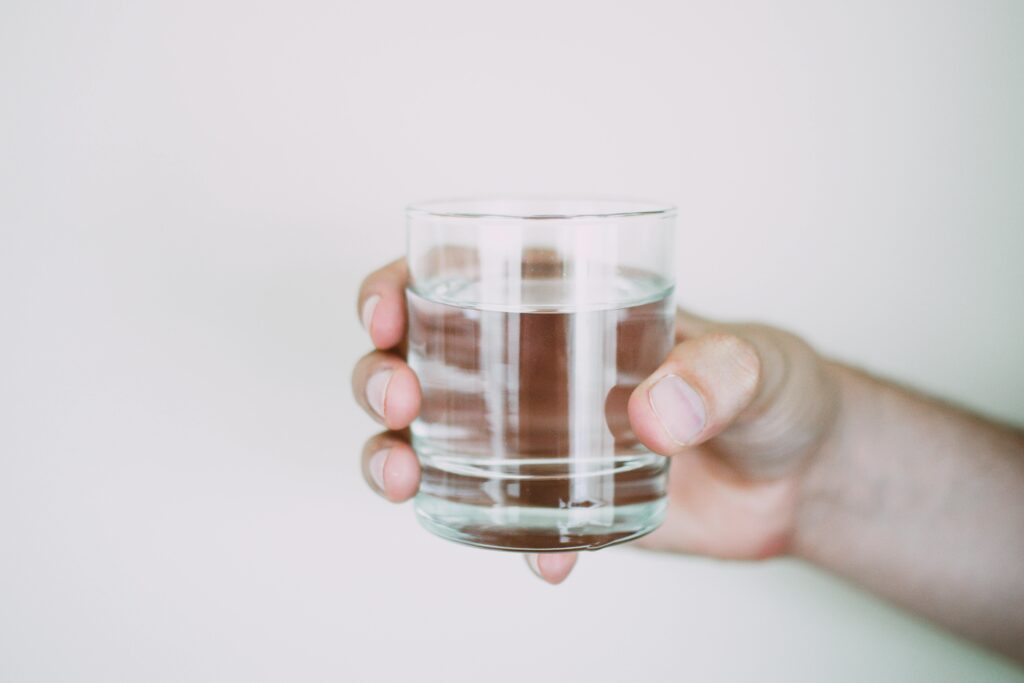
1️⃣ Drink Warm Water Before Anything Else
Hydration supports smooth bowel movements and helps “wake up” the digestive tract without the jolt of caffeine. Warm water can be especially soothing for intestinal muscles.
2️⃣ Practice 5 Minutes of Deep Breathing
Deep, diaphragmatic breathing activates the parasympathetic nervous system, which encourages healthy digestion and reduces gut hypersensitivity. Try inhaling for 4 counts, holding for 4, and exhaling for 6.
3️⃣ Have a Gentle, Protein-Rich Breakfast with Soluble Fiber
Instead of skipping breakfast or eating ultra-processed carbs, choose:
- Soft scrambled eggs with a side of cooked oats
- Smoothie with lactose-free yogurt, chia seeds, and banana
Soluble fiber from oats or chia seeds helps regulate bowel movements, while light protein stabilizes blood sugar and supports muscle repair.
4️⃣ Avoid Caffeine First Thing
Coffee immediately after waking can overstimulate the gut and worsen diarrhea in IBS-D, or cause cramping in IBS-M. If you enjoy coffee, try having it after your breakfast to lessen the impact.
Why This Works for IBS
- Hydration + soluble fiber = easier, more regular bowel movements
- Deep breathing = calmer gut-brain signaling
- Balanced breakfast = steady energy without blood sugar spikes
- Delayed caffeine = reduced gut motility shocks and inflammation risk
Over time, these habits can train your body to start the day in digestive balance—meaning fewer flare-ups and more freedom to enjoy your day.
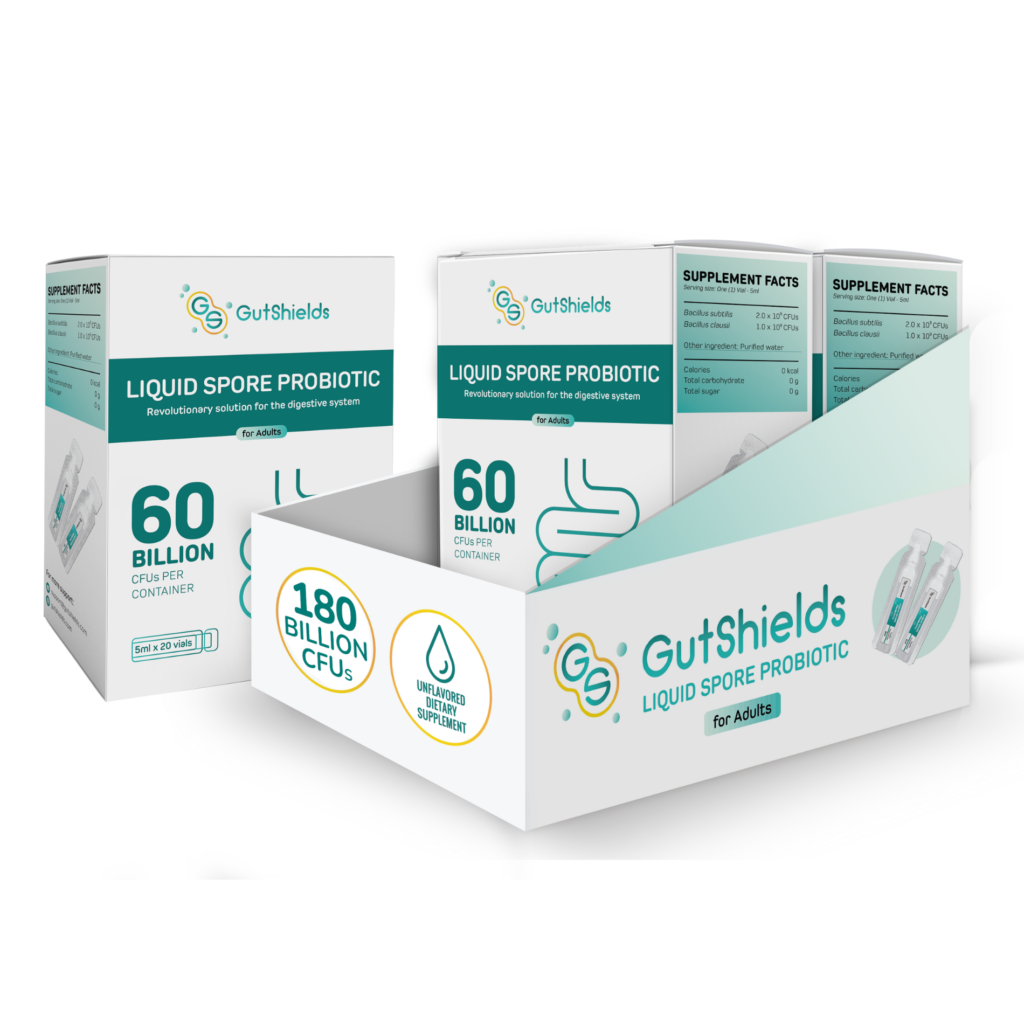
Start tomorrow with these small changes—and discover how calm your gut can be. Pair it with GutShields to support your microbiome from the inside out.
-
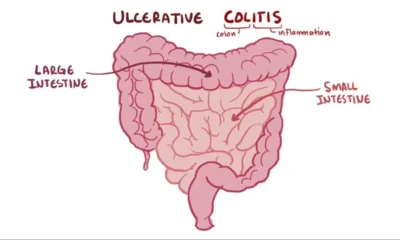
 Health8 năm ago
Health8 năm agoAll About Microscopic Colitis: Causes, Diagnosis, and Treatment
-

 Entertainment8 năm ago
Entertainment8 năm agoI Tried Medication, Diets, and Meditation — And Finally Found Peace in Acceptance
-

 Health8 năm ago
Health8 năm agoWhat Is a Gastroenterologist? When to See One, and the Problems They Can’t Help With
-

 Health8 năm ago
Health8 năm agoTop 7 Questions to Ask Your Gastroenterologist!
-

 Health8 năm ago
Health8 năm agoWhat Causes Mucus in Your Stool—and Why You Shouldn’t Ignore It
-

 Health8 năm ago
Health8 năm agoA New Cause and Treatment for Lymphedema
-

 Tech8 năm ago
Tech8 năm agoHealing IBS Isn’t About Forcing Your Gut—It’s About Resetting Its Natural Rhythm
-
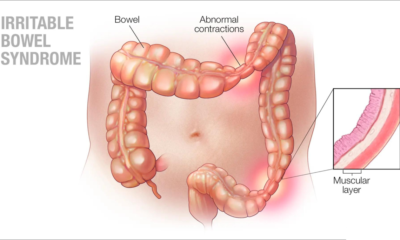
 Health8 năm ago
Health8 năm agoWhat to Eat During an IBS Flare-Up: A Practical Guide












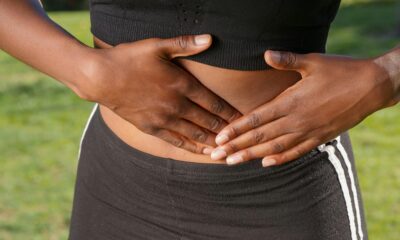




Appliance Repair Manual
Tháng 6 24, 2025 at 1:35 sáng
Its like you read my mind! You seem to know a lot about this, like you wrote the book in it or something. I think that you can do with a few pics to drive the message home a bit, but instead of that, this is excellent blog. An excellent read. I’ll certainly be back.
HHG OP
Tháng 7 10, 2025 at 2:20 sáng
Thank you!
Best Fitness Tips
Tháng 7 11, 2025 at 5:13 sáng
Hello my friend! I want to say that this post is amazing, nice written and include almost all important infos. I’d like to see more posts like this.
I Fashion Styles
Tháng 7 23, 2025 at 8:41 sáng
Undeniably believe that which you stated. Your favorite justification seemed to be on the internet the simplest thing to be aware of. I say to you, I certainly get annoyed while people consider worries that they plainly do not know about. You managed to hit the nail upon the top as well as defined out the whole thing without having side effect , people can take a signal. Will probably be back to get more. Thanks
HHG OP
Tháng 7 29, 2025 at 1:39 sáng
Thank you!
Appliance Repair Manual
Tháng 7 24, 2025 at 9:02 chiều
My spouse and i got very peaceful when John could round up his web research through your ideas he had out of your blog. It is now and again perplexing just to possibly be giving away tips and hints that many others may have been trying to sell. We really recognize we have got the blog owner to thank for that. The most important illustrations you’ve made, the straightforward blog navigation, the friendships you assist to instill – it’s mostly great, and it is letting our son in addition to the family consider that the theme is amusing, and that is wonderfully essential. Thanks for all the pieces!
HHG OP
Tháng 8 29, 2025 at 1:56 sáng
Thank sir !
Appliance Repair Manual
Tháng 8 5, 2025 at 5:33 sáng
I believe that is among the such a lot vital information for me. And i’m happy studying your article. But wanna commentary on some basic things, The site style is great, the articles is really nice : D. Good job, cheers
HHG OP
Tháng 8 29, 2025 at 1:55 sáng
Thank you!